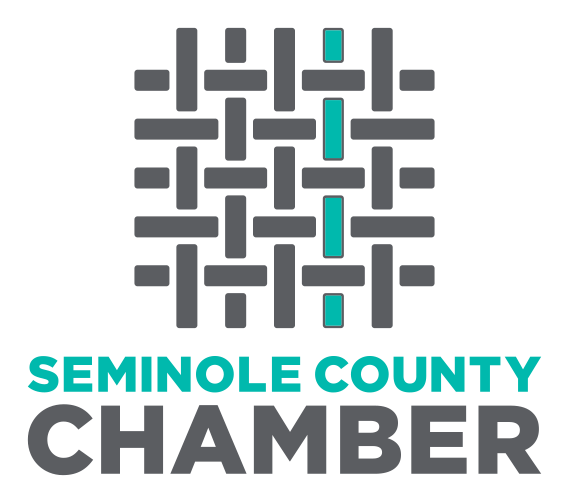Care plans are essential tools used by long-term care providers to coordinate and manage patients’ healthcare goals, needs, and services. While primarily utilized by healthcare professionals, family caregivers can also benefit from employing this strategy to provide effective care.
However, it’s crucial to understand that care plans require regular evaluation and updating to remain effective over time.
Once an initial care plan is established, it should undergo comprehensive review periodically – particularly after significant health events. The dynamic nature of care plans means they are constantly evolving to meet the changing needs of the care recipient. The frequency of evaluation depends on factors such as the individual’s medical conditions and the level of assistance they require. For instance, individuals with progressive conditions like chronic obstructive pulmonary disease (COPD) or Alzheimer’s disease may necessitate more frequent assessments compared to those with milder or stable health issues.
Regulations, such as those set by Medicare, mandate specific intervals for reviewing care plans. For instance, home-health agencies certified by Medicare must review each client’s care plan at least once every 60 days. Similarly, in Medicare-certified nursing homes, comprehensive health assessments and updates to care plans must occur at least once every 90 days. These evaluations are crucial for detecting even subtle changes in a senior’s physical and mental well-being to ensure the delivery of high-quality care.
Effective monitoring involves proactive communication with the care recipient and paying close attention to any new or concerning symptoms or complaints. If the senior is unable to communicate their feelings adequately, caregivers must rely on careful observation of changes in behavior, body language, and other indicators of discomfort or distress.
Furthermore, hospitalization represents a significant development in a senior’s condition necessitating a reassessment and potential revision of the care plan upon discharge. A transitional care plan provided during the discharge process outlines new medications, medical equipment, therapies, and follow-up appointments. It’s essential to integrate these changes into the existing care plan to ensure continuity of care and support the senior’s recovery.
Involving the senior in discussions with healthcare professionals fosters understanding and compliance with post-discharge instructions reducing the likelihood of readmission. Scheduling follow-up appointments promptly and maintaining open communication with the primary-care physician are vital steps in monitoring the senior’s health and coordinating ongoing care effectively.
In addition to responding to health-related changes, care plans can also incorporate personal goals aimed at improving the senior’s physical, mental, and overall well-being. These goals, whether small or significant, serve as motivators and contribute to enhancing the quality of life for the senior.
Ultimately, the successful execution of a care plan relies on collaboration among family members, healthcare professionals, and community resources. Regular communication ensures that the care plan remains current and responsive to the evolving needs of the senior facilitating the delivery of comprehensive and personalized care.
Jewish Pavilion Senior Services
-
Nancy Ludin CFO
- May 28, 2024
- (407) 678-9363
- Send Email



